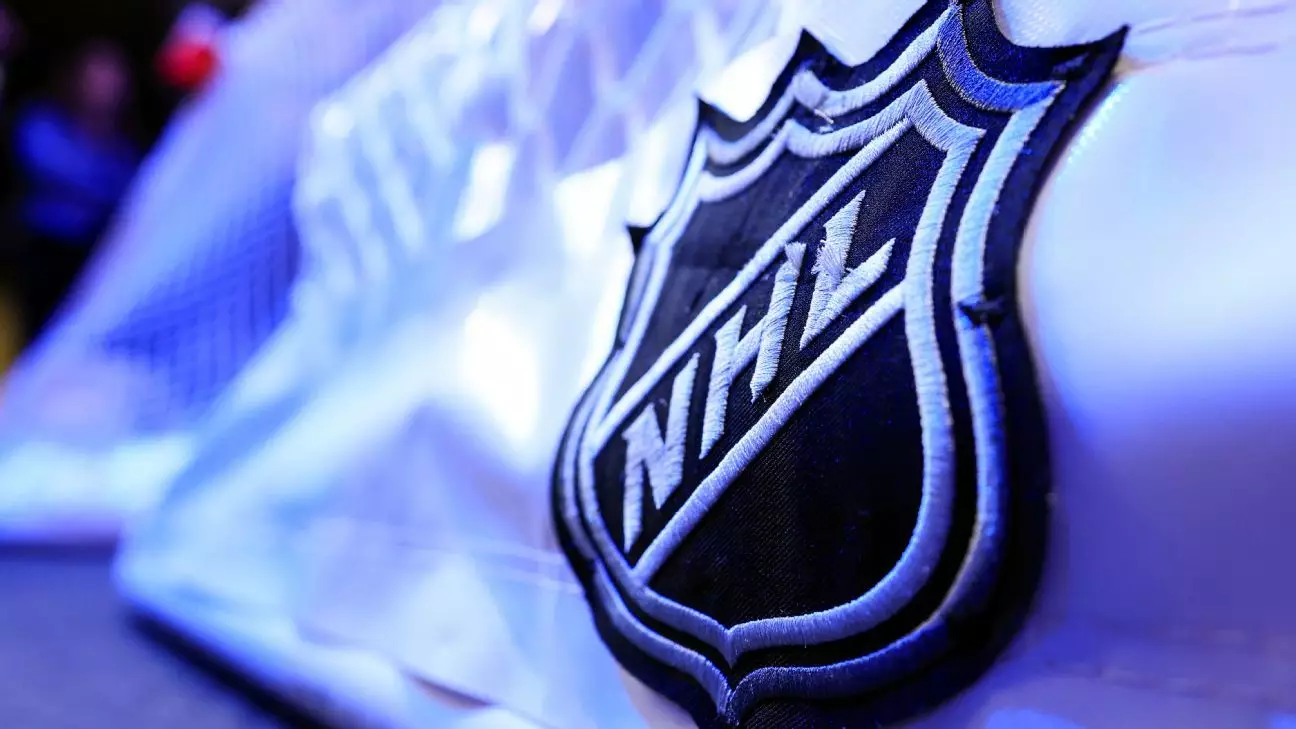The upcoming 2025 NHL Draft marks a significant departure in league tradition as the National Hockey League adopts a decentralized format for its player selection event. Scheduled to take place at the Peacock Theater in Los Angeles on June 27 and 28, this draft is positioned to reshape how teams approach their strategy and operations, while also catering more directly to the modern needs of players and executives alike.
Historically, the NHL draft has been a centralized event, where all teams descended upon one location to make their selections. The last time Los Angeles hosted this event was in 2010, when the Edmonton Oilers famously picked Taylor Hall as the first overall choice. For over six decades, this practice involved teams congregating physically, bringing with them a historic sense of camaraderie and competition. However, league officials have recognized the challenges associated with this traditional format, especially in light of technological advancements and the increasing demand for flexibility.
The NHL is following in the footsteps of other major sports leagues such as the NFL, NBA, and MLB, which have successfully implemented a decentralized format. This new approach allows teams to conduct their draft operations from their home facilities, resulting in a more efficient and streamlined process. The NHL’s decision underscores a readiness to adapt in an era where detailed data analysis and immediate information sharing are critical for judicious drafting.
One of the primary motivations behind this switch is the pronounced need for privacy and concentration during the intense draft process. Bill Armstrong, general manager of the Utah Hockey Club, highlighted the obstacles present on the traditional draft floor, including excessive noise and poor communication capabilities. As the landscape of scouting becomes more data-driven, having access to comprehensive resources in an environment free from distractions is essential for making well-informed choices.
Commissioner Gary Bettman, a vocal advocate for this change, believes decentralization will foster a more engaging atmosphere for families and prospects. He envisions a setting where participants can remain comfortable and focused on the drafting process without the pressures of public scrutiny. As Bettman remarked during the 2023 NHL board of governors meeting, the transformation embraces the modern reality of team operations.
Beyond merely enhancing operational efficiency, this decentralized draft format also presents substantial financial benefits. The costs associated with transporting staff and infrastructure to a centralized location can be exorbitant, often hindering teams from maximizing their resources effectively. By eliminating the need for such logistics, teams can reallocate funds towards better scouting and development initiatives, ultimately improving the league’s talent pool.
While the NHL has not provided specific details on how public access will function at the Peacock Theater, the anticipation surrounding this event is palpable. The 2025 draft symbolizes more than just a procedural change; it reflects a broader ambition within the NHL to modernize its practices and prioritize the needs of its partners, players, and fans. As the league stands on the cusp of this new chapter, the potential ramifications for team dynamics, player integration, and overall league strategy will be fascinating to observe in the coming years.


Leave a Reply